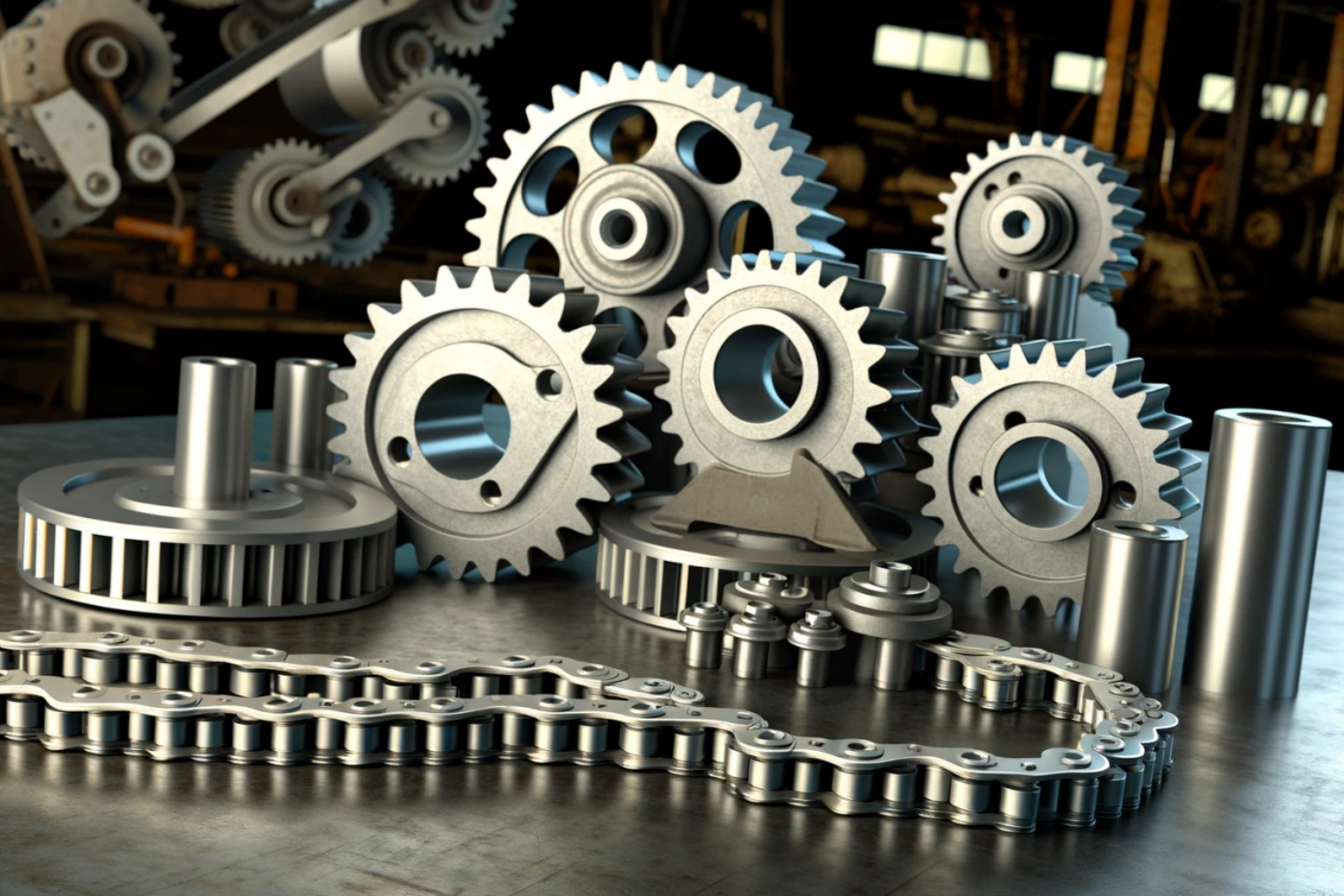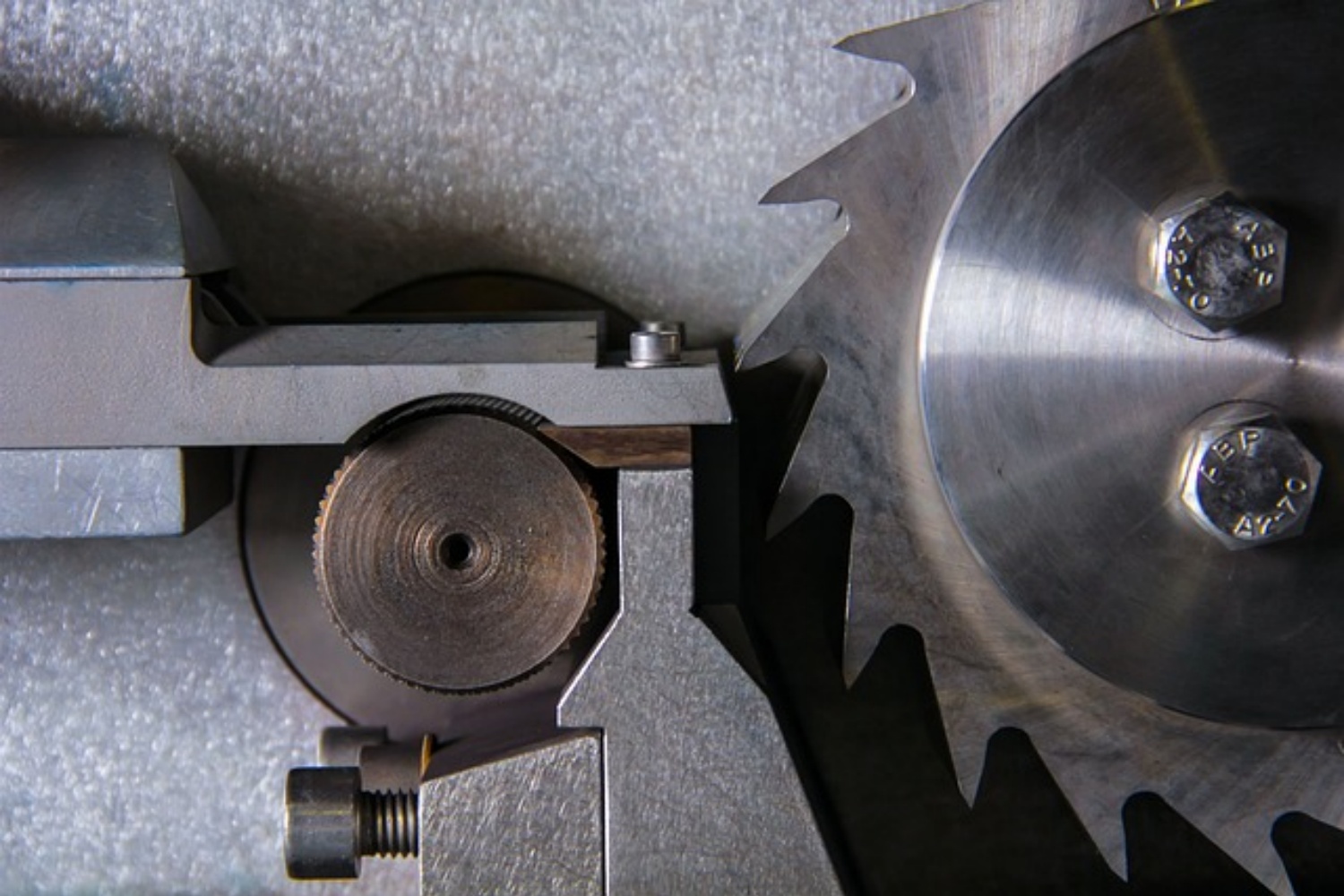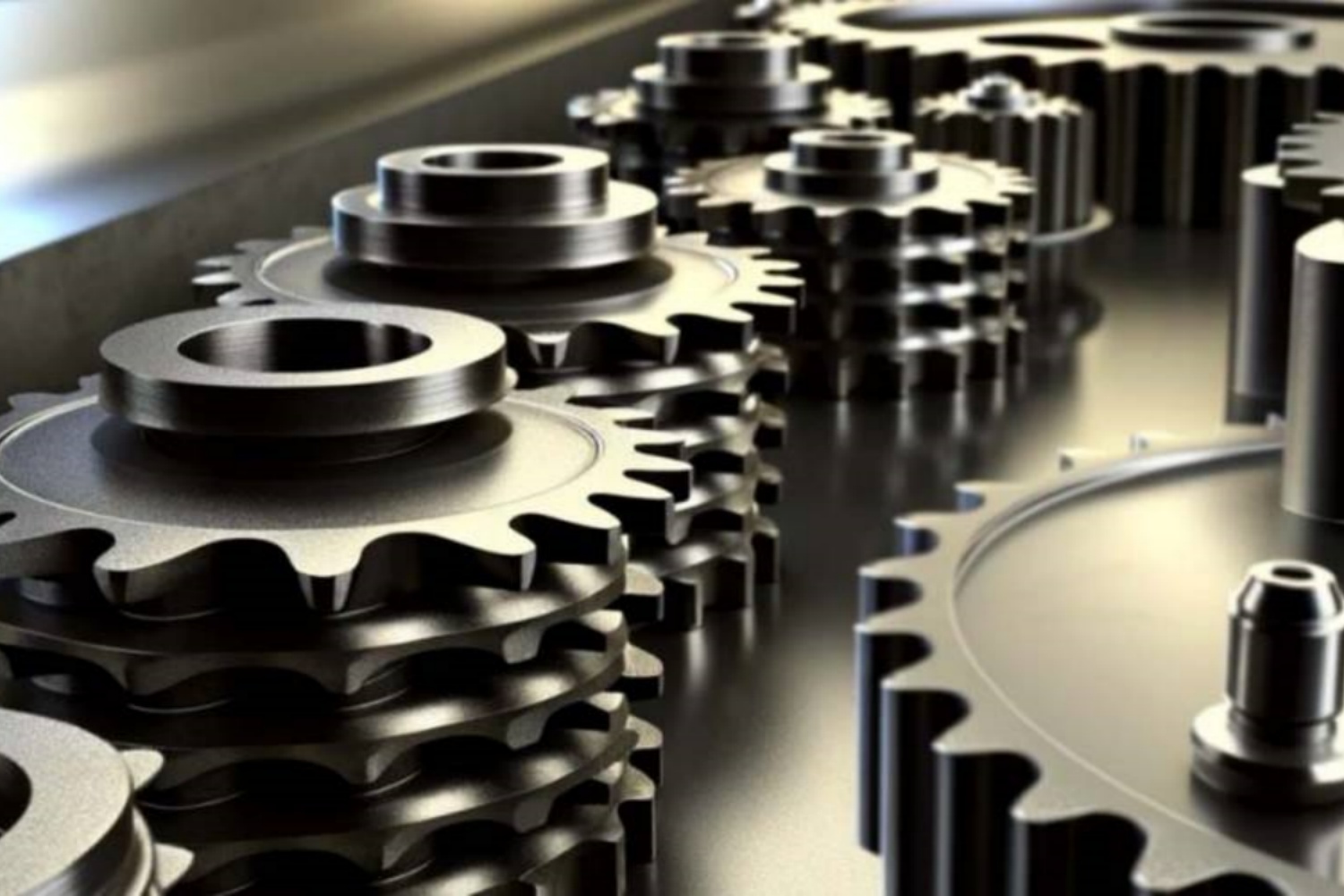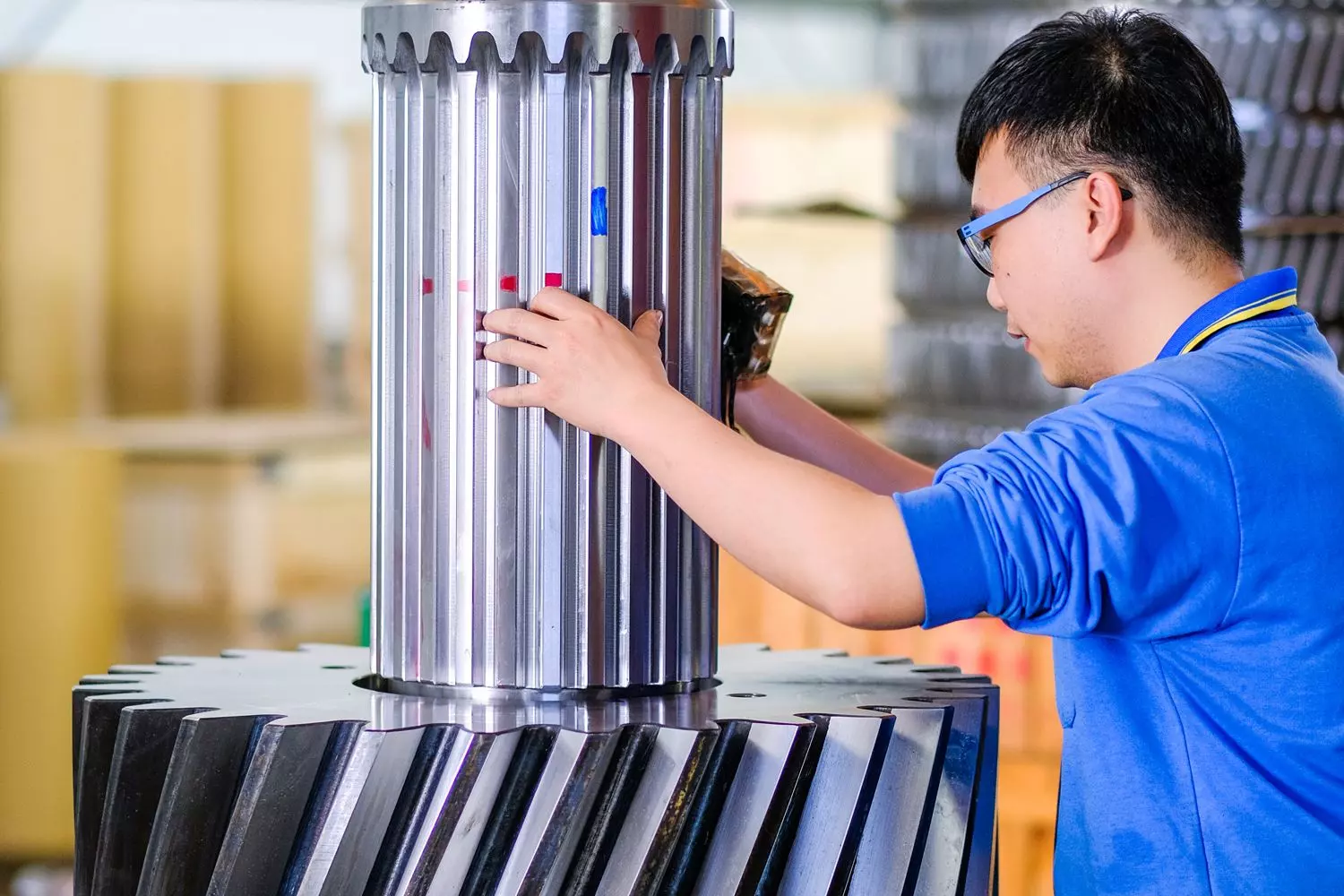Industrial sprockets play a pivotal role in enhancing productivity and performance across a spectrum of industrial applications. From conveying systems to heavy machinery, these components are indispensable for efficient power transmission.
Design of Industrial Sprockets
Manufacturers meticulously design industrial sprockets to ensure optimal performance and durability. Typically made from high-quality materials such as alloy steel or stainless steel. Their design factors in various parameters such as tooth profile, pitch diameter, and hub configuration. These considerations ensure that industrial sprockets are durable and capable of withstanding the rigorous demands of industrial applications. The teeth on sprockets are precisely machined or forged to engage seamlessly with the links of chains. This ensures smooth and reliable power transmission. This design precision is crucial for minimizing wear and extending the operational life of both the sprockets. It is also essential for the chains they engage with.
Manufacturing Process
The manufacturing of industrial sprockets involves advanced machining techniques and stringent quality control measures. Initially, raw materials are selected based on their mechanical properties and suitability for the intended application. High-precision machining processes, including CNC (Computer Numerical Control) milling and turning, are employed to shape the sprockets with exacting tolerances. Heat treatment processes such as quenching and tempering are often applied to enhance the hardness and durability of the sprockets. This ensures they can withstand the rigors of industrial environments.
Types of Industrial Sprockets
Industrial sprockets are available in various types and configurations, each tailored to specific industrial applications:
- Standard sprockets typically feature a simple design with a fixed number of teeth, and they find widespread use in straightforward power transmission applications.
- Idler sprockets play a crucial role in maintaining tension in chains and belts, ensuring smooth operation and preventing slack that could otherwise lead to misalignment or premature wear.
- Double-Pitch Sprockets: Double-pitch sprockets have teeth spaced at intervals twice as long as standard sprockets, allowing them to accommodate larger chains and reducing the risk of chain fatigue.
- Specialty Sprockets: Specialty sprockets include those with custom tooth profiles, hardened teeth for increased wear resistance, and corrosion-resistant coatings for applications in harsh environments.
Applications of Industrial Sprockets
Industrial sprockets find application across a wide range of industries and machinery, including:
- Conveyor Systems: Sprockets drive conveyor belts in manufacturing facilities, distribution centers, and airports, ensuring efficient movement of goods and materials.
- Heavy Machinery: Sprockets are integral components in heavy machinery such as construction equipment, agricultural machinery, and mining equipment, where they transmit high torque loads reliably.
- In the automotive industry, sprockets play a crucial role in automotive timing systems, synchronizing the rotation of camshafts and crankshafts to optimize engine performance and fuel efficiency.
- Power Transmission: Sprockets play a crucial role in power transmission systems for industrial drives, pumps, and compressors, where they ensure smooth and efficient transfer of rotational motion.
Benefits of Industrial Sprockets
The use of industrial sprockets offers several benefits that contribute to enhanced productivity and operational efficiency:
High Torque Transmission: Industrial sprockets efficiently transmit high torque loads, making them suitable for demanding industrial applications that require reliable power transmission.
Durability and Longevity: Their robust construction and precise manufacturing processes ensure long-term durability, reducing downtime and maintenance costs associated with replacement and repairs.
Versatility: Industrial sprockets offer versatility, allowing customization to meet specific application requirements, accommodating different chain sizes, tooth configurations, and environmental conditions.
Cost-Effectiveness: Despite initial investment costs, industrial sprockets provide a cost-effective solution over their lifecycle due to their extended operational life and minimal maintenance requirements.
Industrial sprockets are indispensable components in modern industrial machinery, driving productivity and performance through efficient power transmission. Their design, manufacturing excellence, and diverse applications underscore their critical role in optimizing operational efficiency across various industries. By investing in high-quality industrial sprockets, industries can achieve reliable performance. They can also minimize downtime and ultimately enhance their competitive edge in the market. Understanding their technical specifications is crucial. It allows businesses to make informed investments in high-quality industrial sprockets, leading to reliable performance, minimized downtime, and a strengthened competitive position in the market.
CONTINUE READING
Related Posts
In the intricate machinery that powers industries worldwide, sprockets play a crucial role, serving as the driving force behind rotational […]
Industrial sprockets play a pivotal role in enhancing productivity and performance across a spectrum of industrial applications. From conveying systems […]
Spline gears are essential components in mechanical engineering, widely used for their ability to transmit torque and provide precise alignment […]






